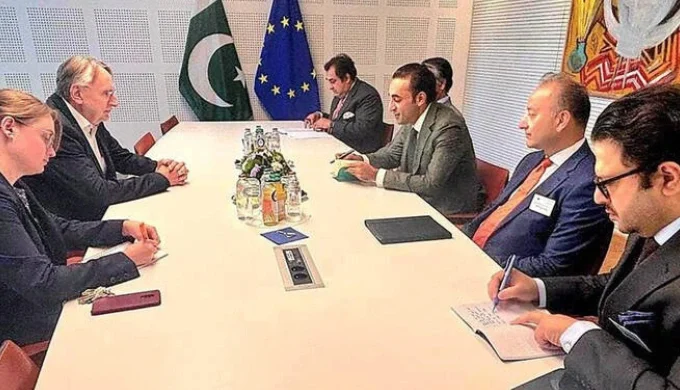Ukraine will no longer receive the $18 million promised by Hungary for the delivery of weapons. These funds will now be redirected to Chad to improve peace in the country.
During a joint press conference with his Chadian counterpart, the head of Hungarian diplomacy, Mahamat Saleh Annadiff, Peter Szijjártó explained that these funds will be used to create a new educational establishment for officers of his army; develop the capabilities of Chadian forces and improve peace in the country.
“Hungary is launching a very large cooperation program with the African country in order to strengthen the security and stability of the Sahel, to develop the economy there and thus tackle the root causes of migration,” declared the leader of Hungarian diplomacy.
The difficulty of planning massive long-term military aid to Ukraine
In terms of ammunition, the European Commission announced in March a project to deliver one million munitions to kyiv in one year.
However, in November, some 300,000 shells had been delivered, at a time when thousands are fired every day. And the head of European diplomacy, Josep Borrell, admitted that only half of the million promised shells would be delivered by the end of March.
European production capacities have increased by 20 to 30% in less than a year, but 40% of EU production remains intended for export.
For Gesine Weber, this gap between promise and reality shows that “the European defense industry is not yet up to the challenge it faces, even if many things have been done”.
“European support for Ukraine has exceeded all expectations, but that does not mean it is enough. Ukraine needs more military aid. »
Concerning ammunition, several divisions were a first obstacle. As Gustav Gressel of the European Council on International Relations points out, accelerating production requires a lot of time and investment.
“Many member states were reluctant to commit to long-term delivery contracts. However, these contracts are necessary to provide defense companies with stable income, which guarantees the financing of new investments. »
Crossing this long-term milestone is particularly complex. “We did not necessarily anticipate the idea of a long war. By sending heavy equipment, we remained on the idea that it was enough to send existing stocks, that Ukraine could end the war with this effort,” comments Pierre Haroche, lecturer in international security at Queen Mary University of London (United Kingdom).
This article is originally published on yop.l-frii.com








